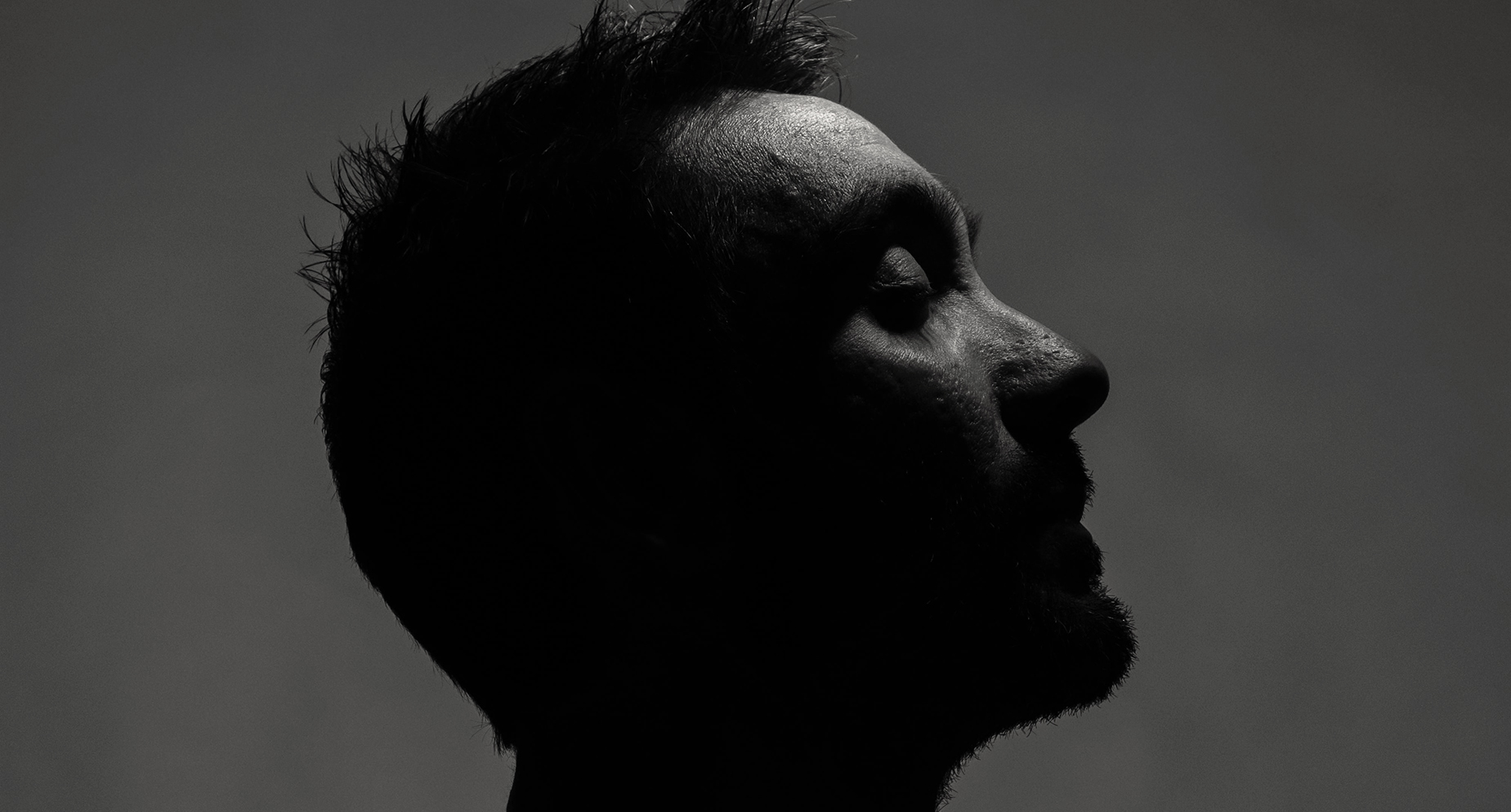According to the World Health Organisation, for every US$1 put into scaled up treatment for common mental disorders, there is a return of US$4 in improved health and productivity. In Australia, organisations that successfully implement a mentally healthy workplace can expect a positive return on investment of 2.3. That is, for every dollar spent, there is on average $2.30 in benefits to be gained by the organisation.
Australian economist Allan Fels states that a 25 percent improvement in mental health would generate around $50 billion in savings, as well as “much improved workforce participation and lower hospital, prison and homeless costs.” Meanwhile, employees are demanding more from organisations, expecting them to take an active role in their mental and physical health. The global workplace wellness market is booming and will be valued at US$66.2 billion by 2027, Allied Market Research forecasts.
Looking after our mental health and having our workplaces help us do it seems like a win-win for everyone. Meditation, ‘zoning out’ or simply shrugging off our conscious self to do a bit of mental stock-taking is a crucial part of reducing stress and improving mental health. Meditation is essentially the focusing of our attention, which eliminates the stream of thoughts that may be crowding our minds and causing stress. Practising meditation is proven to enhance physical and emotional wellbeing.
But what is consciousness and how do we become unconscious? We can see consciousness as three distinct levels: the conscious, the subconscious and the unconscious. The conscious state refers to our immediate awareness – what you are experiencing as you read this. Our conscious mind takes direction from our senses, analyses information and makes decisions based on this information. The subconscious holds information just below the surface of awareness. Every experience you’ve ever had, every thought, every impression is stored in the subconscious mind and influences how we think and behave far more than we realise.
According to Sigmund Freud’s psychoanalytic theory of personality, the unconscious mind is “a reservoir of feelings, thoughts, urges, and hidden memories that exist outside of conscious awareness”. This part of the mind is inaccessible to the conscious mind, so these feelings, habits and instinctual desires are buried deep within us, far below our conscious awareness. Despite this, they have a significant influence on our behaviour.
So, why is it so important to connect to our unconscious mind and how do we get there? For American author Michael Pollen, who’s 2018 book, How to Change Your Mind – What the New Science of Psychedelics Teaches Us About Consciousness, Dying, Addiction, Depression, and Transcendence, examines the use of psychedelics to offer specific benefits, whether therapeutic, spiritual, or creative, it’s about accessing different modes of consciousness.
“What I’m struggling to describe here”, Michael says in the book, “is what I think of as my default mode of consciousness. It works well enough, certainly gets the job done, but what if it isn’t the only, or necessarily the best, way to go through life?”
Pollen has a point. Indeed, the brains of experienced meditators and people undergoing a psychedelic trip display striking commonalities. The more connected we feel to what’s around us, and the less we obsess about ourselves, the happier we are likely to be. But psychedelics aside, what if experiencing different modes of consciousness is better for us? A chance to escape personal or institutional rigidity, remind ourselves what’s out there and experience the world’s wonders through childlike eyes?
For Bekki Elers, Business & Studio Manager at RISE, the unconscious mind is the origin of human behaviour, feelings and motivations. “Confronting the state of our unconscious mind, the good and the ugly, can be a powerful tool to improve our physical and physiological wellbeing”, explains Bekki. “It is here that we begin to create a vision and goals that deeply connect with our values. I believe this is first step to improving our mental health.”
According to Bekki, we can start by getting a good sleep. “Sleep is a pathway into the unconscious mind”, she explains. “While getting enough sleep can be difficult for some, ‘unplugging’ throughout the day is a great way to reflect and become conscious of the state of mind. Meditation, breathing exercises, or lying down with a 20-minute timer are bite sized methods to start prioritising a calm and reflective state of mind.”
Other methods include writing down your dreams. “While the events may seem absurd”, says Bekki, “the feelings associated with the events can speak to the state of our unconscious mind.” Equally, if a 30-minute meditation was uncomfortable on the first go, try another approach of tuning into your state of mind, such as 60 seconds of box breathing (inhaling for four counts, holding for four counts, exhaling for four counts, holding for four counts).
Uptake might be easy at an individual level, but how can businesses implement a culture of wellbeing that genuinely supports employees’ mental health? According to a PWC study for Beyond Blue*, actions tend to be more effective when implemented in smaller sized organisations because the single most critical success factor is employee participation. Larger organisations may want to implement actions on a team or group basis for a positive ROI. Equally, one or several actions is unlikely to be effective unless there is leadership and management support for improving the culture and mental health of the workplace.
For Bekki, the journey to understanding unconsciousness values and desires wasn’t a straightforward one. “Practising yoga wasn’t love at first sight. I found it boring and frustrating, especially the Shavasana at the end! I always felt like I was doing it wrong, I found my ego impacted my ability to give into the practice,” she explains. “Today, I can’t go a week without doing yoga. I’m much more grounded and my anxious thoughts leave as quickly as they come. Practising yoga has helped me create space to reflect and, as a result, improve my personal life and professional development.”
